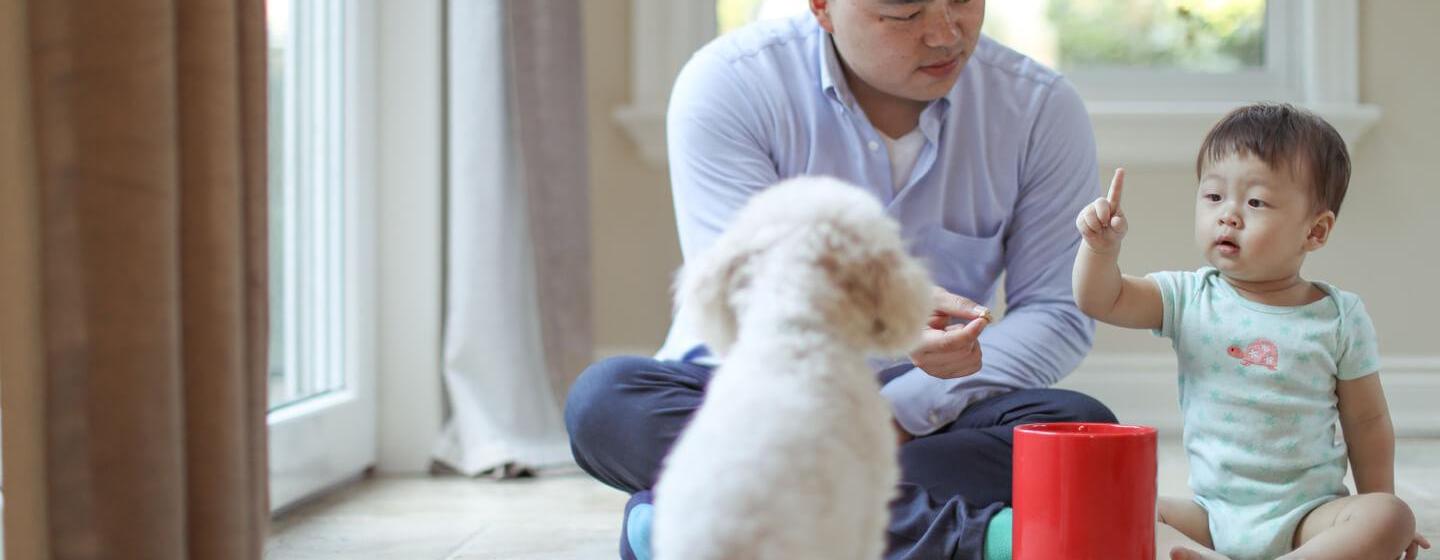
Find the Cheapest Vacant Home Insurance Quotes in Canada
Find the cheapest home insurance quote by comparing quotes from 50+ providers in a single search.
Jump straight to:
- What is vacant home insurance?
- Differences between vacant and unoccupied homes
- What’s covered under a vacant home insurance policy?
- How to get the cheapest vacant home insurance quote
- What’s not covered by vacant home insurance coverage?
- How to protect your vacant home
Frequently asked questions about vacant home insurance
What is vacant home insurance?
Vacant home insurance is an optional insurance coverage for homes that are uninhabited.
To be labelled vacant, these homes must be left unattended for longer than 30 days. It doesn’t matter if it’s furnished with functioning power and water.
A vacant home is inherently risky from an insurance perspective. Empty houses are at a greater risk of theft, vandalism, structural damage, and other potential claim-inducing scenarios. An insurance policy for a vacant home has different underwriting than a standard policy.
Your home might technically be vacant if:
- You're renovating it, and you can't live there while work is being done.
- You've purchased a home but still need to move in.
- You're hanging on to one property while living in another.
- You're a landlord, and the property you rent out has no tenants.
- You inherited a house and don't have plans to move in
- You are away from your home for months at a time.
Under these circumstances, you need to notify your home insurance company that you need to update your regular home insurance policy to account for the vacancy. Your insurer may offer endorsements for temporary vacancies.
You must give your insurer a heads-up to avoid having your home insurance policy voided. It doesn't matter if you've bought a comprehensive insurance package or have continued to pay your premium on time. If your insurance company finds out your home is vacant, they could cancel your policy.
A policy cancellation on your track record could make securing home insurance coverage elsewhere more of a challenge. Your premium will likely be higher, as well.
Cottages don't usually qualify for vacant home insurance; they have their own specialty product, vacation property insurance.
Differences between vacant and unoccupied homes
A vacant home is one that you are not planning to live in, usually because you're waiting for it to be rented or sold.
Unoccupied refers to a property you reside in but have not lived in for an extended period. However, you plan to return to it eventually.
For example, you're planning to take a vacation. Starting from the day you leave, insurance companies consider your home unoccupied if you're away from it for less than 30 days.
Unless you've requested vacant home insurance (available as an endorsement) before leaving for your trip, your home insurance company could cancel your policy when you pass the 30-day mark. Even then, permits are usually time-limited, meaning they can extend from 90 to 120 days.
Snowbirds should take particular care and make arrangements with their insurance companies ahead of time to ensure their Canadian home is considered unoccupied and not vacant.
What’s covered under a vacant home insurance policy?
What’s covered by a vacancy permit might vary by insurance company. Adding one usually guarantees that the coverage from your main policy remains intact.
However, some companies might exclude certain perils, even if you bought a permit. Theft and water damage, for example.
What’s not covered by vacant home insurance coverage?
When you add a vacancy permit, perils like theft and water damage might not be included. It can vary by insurer, so make sure to discuss with your insurance provider or broker.
How to get the cheapest vacant home insurance quote
Get multiple home insurance quotes in the time it takes to get just one.
Start with your postal code.

Answer a few quick questions about yourself and your home.

Compare home insurance coverage and quotes from 50+ insurance companies.
How to protect your vacant home
Once you buy vacant insurance, you need to take steps to ensure it doesn't get cancelled, which could look like:
- Having someone check up on your home occasionally. They will take note if something's awry and help you resolve any issues before they snowball. You could also ask this person to pick up any mail that accumulates.
- Keeping the front and backyard neat. It will give the impression that someone's home.
- Putting lights on a timer. Here's another tactic that gives the impression that someone's home. Add timed lights to the exterior and interior of the house.
- Ensuring windows and doors are locked. Make sure it's hard for an intruder to enter your home.
- Setting up a home alarm system. If someone does enter without your permission, an alarm system will act as a safety net.
- Shutting off the water. Flooding is widespread and costly to repair. See if you can shut off the water when you leave.
- Adding a water leak sensor. These wifi-powered devices will alert you if it detects water damage.
- Investing in winterization. Winterizing your home can prevent flooding.
Protecting it from pests. Giving your property a thorough cleaning and setting traps afterwards can help prevent pests.
We've got hundreds of 5 star reviews
2,247 reviews on TrustPilot. See some of the reviews here.
Fran
Curtis
Robert Clarkson
Vincenzina Perri
Keith
Dev
Georgia
Shirley Munro
Hoang Tran
Alnoor
Michael Benninger
Gene
D on
Robert
Remonia Thompson
Rich
Luis
Frequently asked questions about vacant home insurance
Where can I find the cheapest vacant home insurance in Canada?
Insurance companies offer vacant home insurance permits, which is added to a standard home insurance policy. You can’t buy this type of coverage without a base policy. Adding a vacant home insurance permit can raise your premium from anywhere between $20 to $150 a month.
Can you insure a vacant home in Ontario?
Yes, you can insure a vacant home in Ontario. We strongly recommend you secure a vacancy permit if you own a vacant property in Ontario. Vacant home insurance can help pay for any financial losses you might incur if a covered peril damages your investment. Vandalism, fire, and theft are the most common claims with vacant homes.












